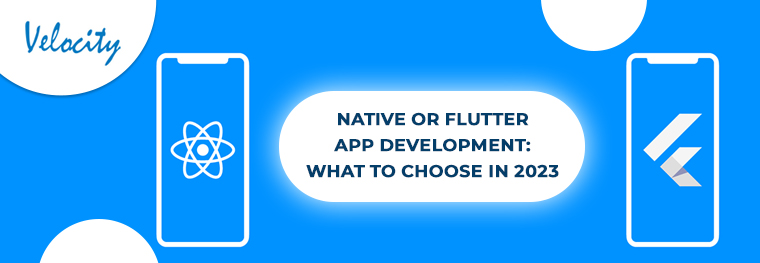Mobile apps have become an essential component of our daily lives in the digital era. From ordering food to managing finances, mobile apps have revolutionized the way we interact with technology. However, not all mobile apps achieve the same level of success. Behind every successful app, is a well-crafted mobile app development strategy. In this blog post, we will explore the five key elements that contribute to a successful mobile app development strategy.
1. Clear Understanding of the Target Audience
A successful mobile app development strategy begins with a clear understanding of the target audience. Before diving into the development process, it is crucial to identify who will be using the app, their needs, preferences, and pain points. Conducting thorough market research, analyzing user demographics, and gathering feedback from potential users are essential steps in this process.
By understanding your target audience, you can tailor your app’s features, design, and functionality to meet their specific needs. This user-centric approach will help you create a mobile app that resonates with your audience and delivers a superior user experience.
2. Comprehensive Market Analysis
Developing a successful mobile app requires a deep understanding of the market landscape. Conducting a comprehensive market analysis helps you identify existing competitors, analyze their strengths and weaknesses, and uncover gaps in the market that your app can fill. This research will guide you in creating a unique selling proposition (USP) for your app that sets it apart from the competition.
Additionally, keeping an eye on emerging trends, technological advancements, and user preferences will enable you to stay ahead of the curve. This market intelligence will inform your decision-making process and ensure your app remains relevant and competitive in the long run.
3. Robust App Development Plan
A well-defined app development plan is essential to ensure a smooth and efficient development process. This plan should outline the app’s features, functionality, design, and technical requirements. It should also include a realistic timeline, budget, and resource allocation.
Breaking down the development process into milestones and setting measurable goals will help you track progress and make necessary adjustments along the way. A thorough app development plan acts as a roadmap, guiding your team through each phase of development and ensuring that the final product aligns with your vision.
4. Seamless User Experience (UX) Design
User experience plays a pivotal role in the success of a mobile app. A seamless and intuitive UX design enhances user satisfaction, encourages user engagement, and boosts retention rates. Investing in user experience design is crucial for creating an app that users love to interact with.
The UX design process involves creating wireframes, prototypes, and conducting usability testing to identify and eliminate any usability issues. Paying attention to factors such as navigation, visual appeal, responsiveness, and accessibility will result in a delightful user experience. A user-centric design approach will help you create an app that keeps users coming back for more.
5. Effective Marketing and Promotion
Even the most innovative and well-designed app needs effective marketing and promotion to reach its target audience. Developing a comprehensive marketing strategy that includes app store optimization (ASO), social media marketing, influencer partnerships, content marketing, and targeted advertising is essential to generate awareness and drive downloads.
Utilizing data analytics and user feedback, you can continuously optimize your app’s marketing efforts, reach new users, and improve user acquisition and retention rates. A successful mobile app development strategy recognizes the importance of ongoing marketing and promotion to maintain visibility in a crowded marketplace.
Conclusion
Building a successful mobile app requires a well-thought-out strategy that encompasses a clear understanding of the target audience, comprehensive market analysis, a robust app development plan, seamless user experience design, and effective marketing and promotion. By integrating these key elements into your mobile app development strategy, you can increase the chances of creating an










